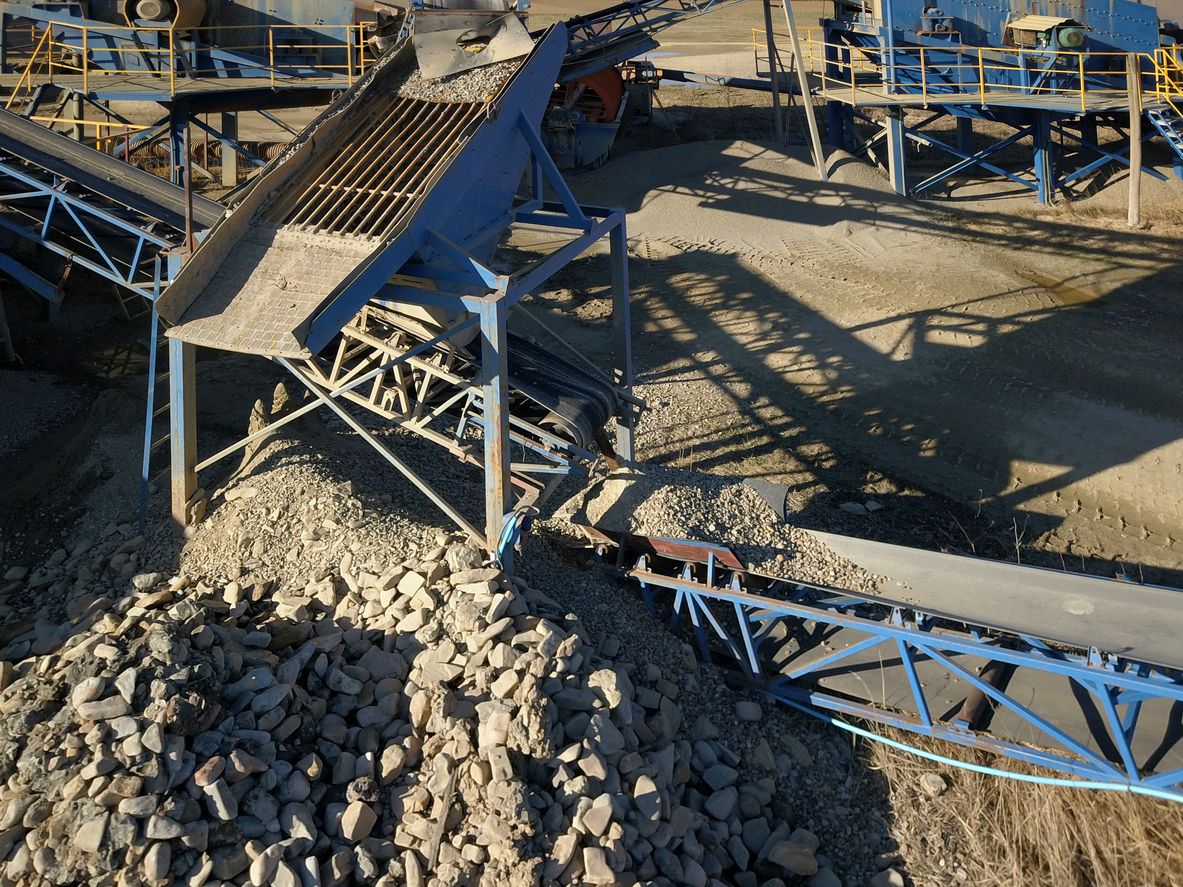Exclusive Interview with the CEO of Wigmore Trading: Rubber & Plastics Suppliers in Lagos Nigeria
Exclusive Interview with the CEO of Wigmore Trading: Rubber & Plastics Suppliers in Lagos Nigeria
In the 21st century, businesses are no longer confined to a particular location or market. In today’s global economy, companies that succeed thrive by providing high-quality goods and services at affordable prices for customers around the world. As a result, more businesses are expanding their operations to new locations in search of cost-efficient production facilities and suppliers of raw materials. The process of finding new suppliers, negotiating contracts, and establishing new relationships can be challenging for small businesses. However, with careful preparation and planning, the risks associated with doing business with new vendors can be greatly minimized. This article explores some helpful tips on how to find vendors for your business as well as advice from an expert CEO who has succeeded in this area.
Knowing exactly what you need before searching for vendors
The first step in finding new vendors is to know very clearly what products or services you need to source. You should make a complete list of all the items you have been purchasing from suppliers and the quantities you expect to need in the future. Then, check the availability of these products or services in your location and determine if you have the capacity to produce them internally. If not, you may need to find new suppliers. If you decide to source certain items from outside your company, it’s important to understand the kind of relationship you want to have with your vendors. In some cases, you may be looking for a long-term business partner who shares your company’s vision, values, and goals. In other instances, you may simply need a vendor that can supply you with a specific product on a short-term basis. The best way to identify the suppliers you need is to understand the type of relationship that best suits your business needs.
Carefully selecting the location of your supplier
When selecting a supplier, the first step is to carefully select the location of your vendor. In many industries, there are countries that provide a comparative advantage based on their available resources and proximity to your company’s markets. Therefore, it makes sense for businesses to source products from suppliers in the cheapest locations. However, locating suppliers in the most affordable countries does not guarantee that you will obtain high-quality products. Therefore, before you start looking for vendors, you should examine your product requirements section by section. This will help you select countries with the necessary resources that can produce the commodities you need. Once you have selected countries with the necessary resources, you should look at factors like the trade relationship between your country and the supplier’s country, transportation times, and production costs. These factors will help you select the best location for your vendor.
Finding reliable vendors through market research
Once you have identified potential suppliers, you should do a little research on each company to select the most reliable vendors. You can start by checking the vendor’s financial health and reliability through services like Dun & Bradstreet. Then, you can broaden your search by doing online research on the vendor’s reputation and products. This will give you a better idea of the quality of services offered by each company and help you to select the right vendor. It is important to remember that you have to verify the information you obtain online. This can be done through a third-party verification service. Additionally, you can visit the vendor’s physical location to determine how they conduct business. This will help you select the most reliable vendors.
Finding trusted vendors through word of mouth
If you can’t find reliable vendors through market research, you can also try to find trusted vendors through word of mouth. If you know any other business owners who are sourcing products in your area, you can ask them for help in finding reliable vendors. You can also look for vendors through your industry associations. This can be a good option if you are looking for a large quantity of a particular commodity. However, you should select the vendors recommended by your industry associations carefully. This is because you may have limited ability to verify the quality of the products offered by these vendors. Additionally, you can try to find vendors through online forums dedicated to your industry. You can use these forums to ask questions about your product requirements and receive valuable information about reputable vendors in your area. The disadvantage is that you may have to deal with several vendors, which can be a time-consuming process.
Choosing the right contract supplier
When you have identified several potential suppliers, you should carefully evaluate their credentials to select the right contract supplier. Start by assessing the quality of the product or services offered by each vendor. Then, you can compare their prices and delivery times to select the vendor that can meet your company’s needs. Additionally, you can look at the vendor’s financial health and credit rating to determine if they will be able to meet their contractual obligations. This can help you avoid vendors that are likely to deliver poor-quality products or provide false promises. It is important to remember that you don’t have to select the cheapest vendor. Instead, you should find the vendor that can meet your specific needs at a reasonable price. When you follow these tips, you can find the vendors that you need to grow your business.








LEAVE A COMMENT
You must be logged in to post a comment.